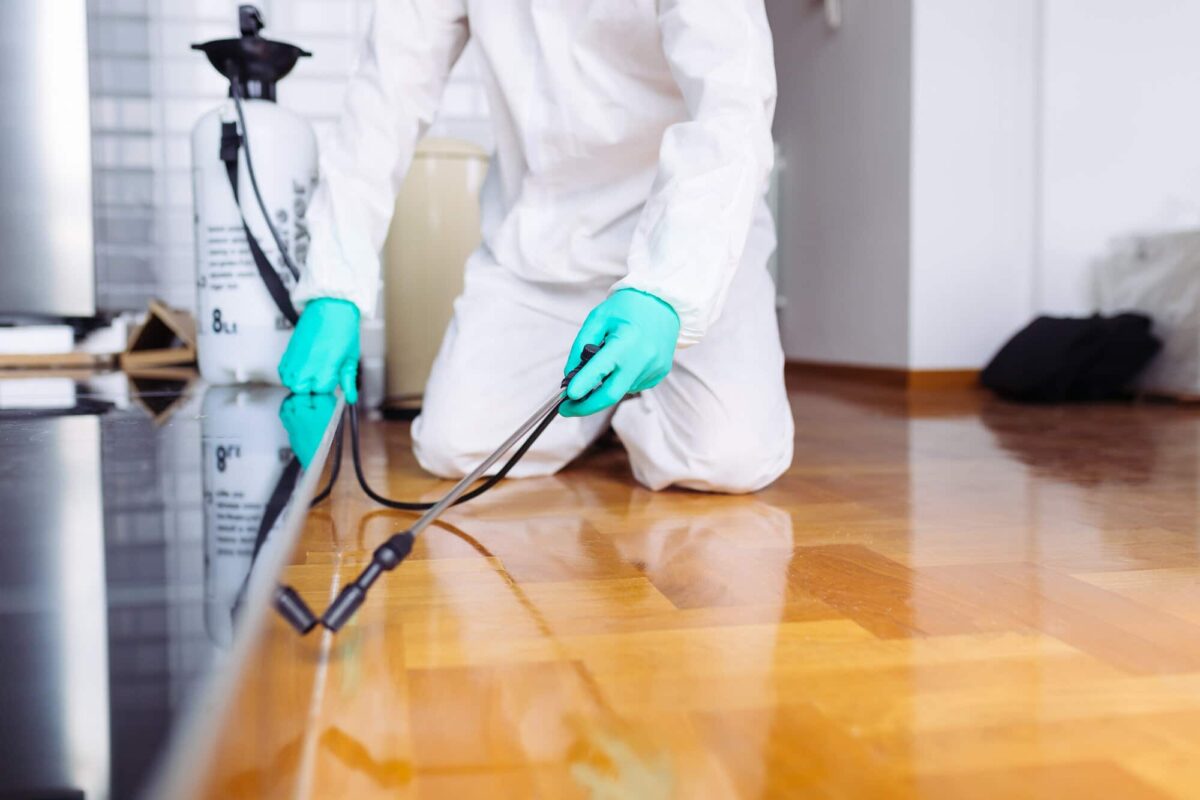Pest control has been a necessity since the beginning of human civilization, as pests such as rodents and insects can cause damage to crops, structures, and pose health risks. However, traditional pest control methods often involve the use of toxic chemicals that not only harm pests but also have negative consequences for our health and the environment. Fortunately, there is now a growing movement towards non-toxic pest control methods that prioritize safeguarding both our health and the environment.
The use of toxic pesticides and insecticides has long been a concern due to their harmful effects on human health. These chemicals have been linked to various illnesses ranging from skin irritation to respiratory problems, neurological disorders, and even cancer. Furthermore, studies have shown that these toxins can persist in our food supply chain for years after application, ultimately ending up in our bodies.
Apart from the direct impact on human health, toxic safe pest control methods also contribute significantly to environmental pollution. These chemicals can contaminate soil and water sources, affect beneficial insects like bees and butterflies, disrupt ecosystems leading to imbalances in natural pest management systems. This vicious cycle not only harms wildlife but also poses long-term threats to biodiversity.
Non-toxic pest control offers an appealing alternative by utilizing natural or plant-based ingredients rather than synthetic chemicals. One effective method is employing integrated pest management (IPM) techniques which combine multiple strategies such as physical barriers like mesh screens or repellent plants with targeted biological controls like ladybugs or parasitic wasps that prey on pests without causing harm to other organisms.
Another increasingly popular technique is using essential oils derived from plants known for their insect-repellent properties such as peppermint oil against ants or clove oil against thrips or mites without harming beneficial garden inhabitants like earthworms or pollinators.
For farmers who want an eco-friendly approach towards managing crop pests while still maintaining high yields at low costs; ecological practices such as crop rotation which reduces monoculture practices and thus pest’s resistance, intercropping or utilizing cover crops that attract beneficial insects to farms reducing pesticide use are effective options.
Non-toxic pest control is also gaining momentum in urban areas as individuals strive towards healthier homes free of chemical-laced air fresheners, disinfectants or molds. Simple steps such as sealing entry points to homes and regular cleaning are often overlooked but offer long-term benefits such as eliminating the need for toxic sprays that pose risks of inhaling lethal fumes. Utilizing natural ingredients such as citronella candles repels mosquitoes without adding toxic residues to our living spaces; improving our overall quality of life.
Consumers have a crucial role in driving the demand for non-toxic pest control products by being more aware of what they purchase for their households and learning more about organic options when making decisions about protecting their home environment. By choosing non-toxic methods over chemical-heavy alternatives, we can create a brighter future where both humans and nature can thrive without unnecessary exposure to harmful substances.
In conclusion, non-toxic pest control is vital for safeguarding our health and environment from the continuous toxic onslaught posed by conventionally used pesticides.












